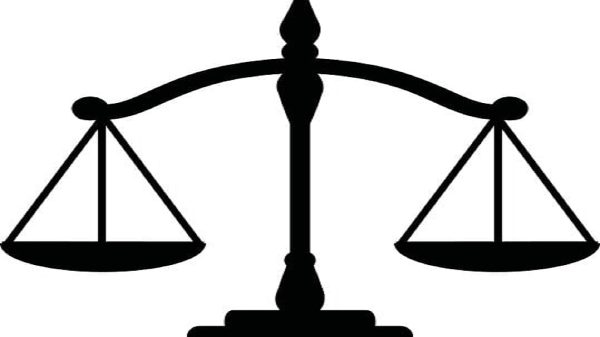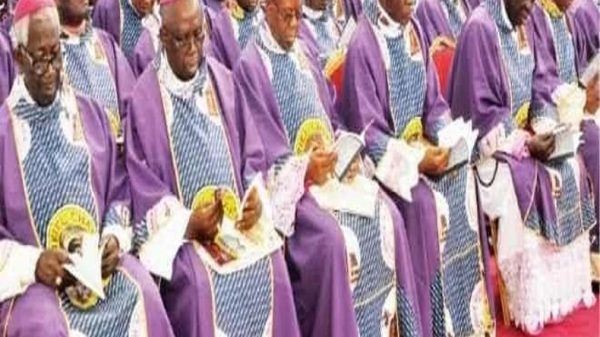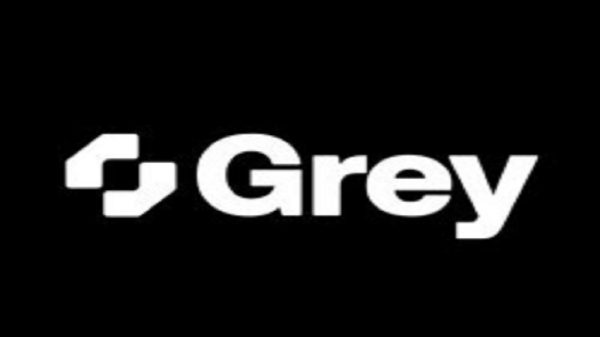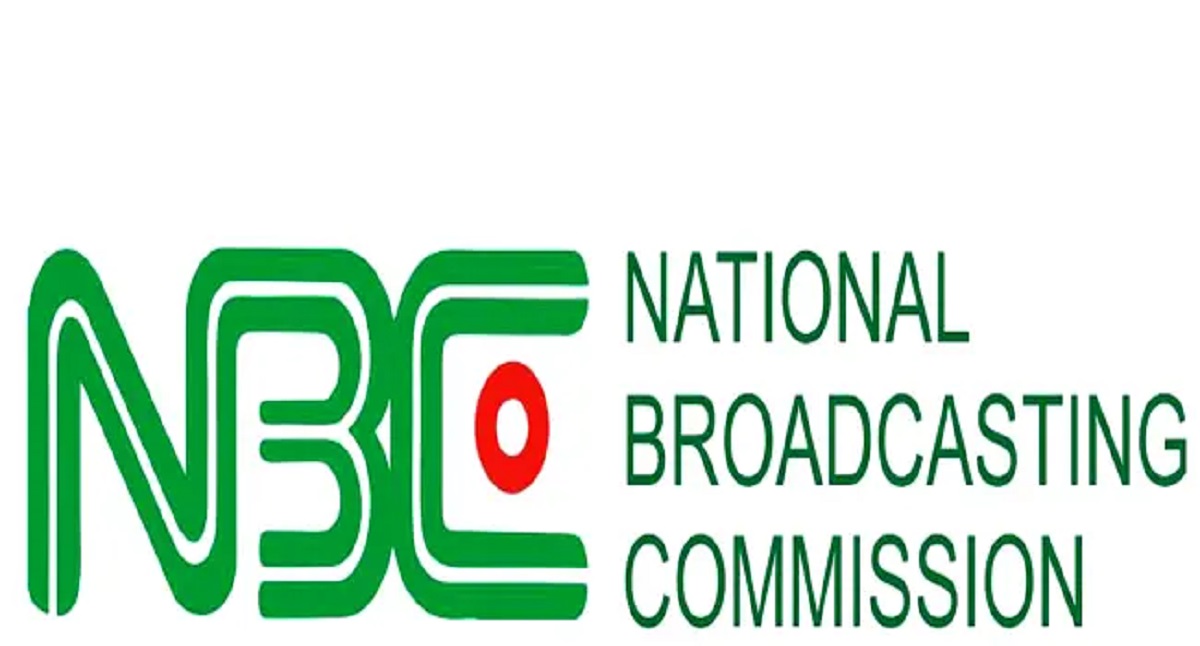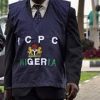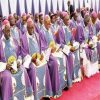Mr. Nelson Orji, Director, of the Legal Department, Federal Ministry of Information and Culture, has said that the judgment of the Federal High Court, Abuja, which stopped the Nigerian Broadcasting Corporation from imposing fines on erring broadcast stations “is ill-conceived and dead on arrival because of legal encumbrances”.
The National Broadcasting Commission (NBC) had been barred by a federal high court sitting in Abuja from further imposing fines on broadcast stations in the country.
Justice James Omotosho who gave the ruling in the lawsuit marked “FHC/ABJ/CS/1386/2021″ filed by a group, the Incorporated Trustees of Media Rights Agenda, voided the N500,000 fines imposed by NBC on 45 broadcast stations on March 1, 2019.
He stated that the NBC is not a court of law and lacks the power to impose sanctions as punishment on alleged erring broadcast stations.
However, according to Mr. Orji, a Federal High Court also sitting in Abuja had earlier given a contrary decision that NBC had the power to impose sanctions on erring stations.
He said, Justice N. E. Maha in April 2022 had ruled in a case brought against NBC by seven organisations led by the Socio-Economic Rights and Accountability Project.
In a Certified True Copy of the judgement made available to NAN, Justice Maha had interpreted the provision of Section 2(1)(n) of the NBC Act, 1992.
The provision states, “The Commission shall have the responsibility of determining and applying sanctions including revocation of licences of defaulting stations which do not operate in accordance with the broadcast code and in public interest.”
Relying on the provision, the Justice Maha held, “The law is settled that a regulator imposing fines under its enabling law in the discharge of its functions could not have acted unconstitutionally.
“In Moses Ediru v Federal Road Safety Commission and 20 ors(supra) the court held that the FRSC Act gives the Commission the right to impose and enforce sanctions and such right does not derogate from the judicial powers of the court as provided in the constitution.
“In essence, there is no confluence point where the powers of FRSC and that of the court meet.
“In that Moses Ediru case, the court further observed that FRSC and the court are mutually exclusive such that the FRSC powers of enforcement of sanctions is not an usurpation of the judicial powers of the court.”
Speaking on the two cases, Orji said there existed conflicting decisions of the same court of coordinate jurisdiction on the same issue of whether NBC can impose sanctions.
He said by the convention of the law, “where there is conflicting decision of courts of coordinate jurisdiction a party can choose which of them to obey and it will not be held in contempt of any court.
“It is worthy of note that the judgement of Justice Maha is first in time and still subsisting as it has not been set aside by any appellate court.
“In this light, NBC is still well within its right to continue to impose sanctions on broadcast organisations which run fowl of the NBC code.”
Orji further said the case against the 45 erring stations were strict liability offences and they had all complied by paying their fines.
He contended that if the judgement was allowed to stand it would mean that government agencies such as the NBC, FRSC, and Quarantine Services, would be rendered redundant.
![]()

